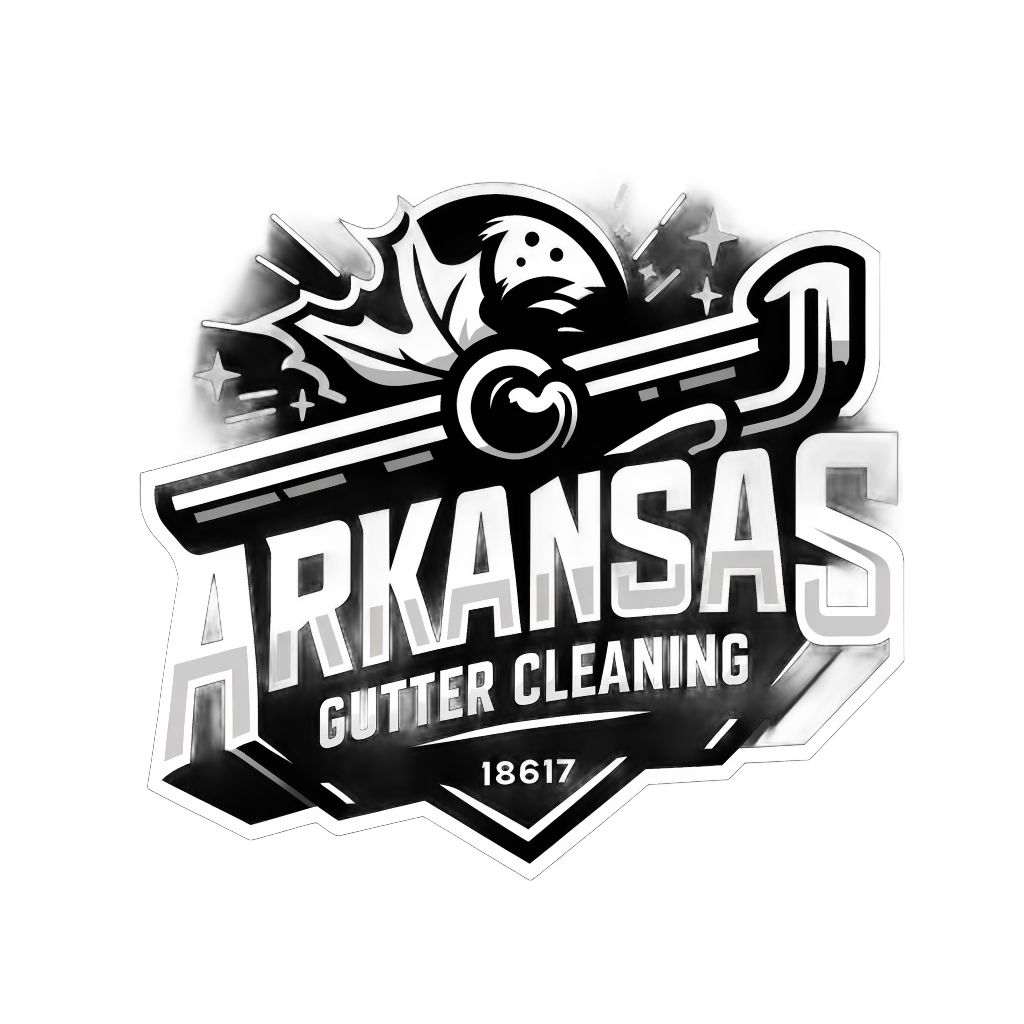Table Of Contents
Frequency of Roof Maintenance
Regular roof maintenance is crucial to ensure the longevity and performance of your roof. Ideally, it is recommended to inspect your roof at least twice a year, in the spring and fall, to identify any potential issues before they escalate. By staying proactive and addressing minor problems promptly, you can prevent costly repairs down the line.
The frequency of maintenance may vary depending on the climate and location of your property. For instance, areas prone to extreme weather conditions such as heavy snowfall, high winds, or intense sunlight may require more frequent inspections. It is important to tailor your maintenance schedule to the specific needs of your roof to guarantee its durability and resilience.
Seasonal Considerations
During the changing seasons, it is important to consider the impact on your roof and adjust your maintenance routine accordingly. In the winter, snow and ice accumulation can lead to roof damage if not addressed promptly. It is advisable to regularly remove snow buildup to prevent structural strain and potential leaks. Additionally, inspecting your roof for any signs of ice dams or water pooling is crucial in maintaining its integrity during the colder months.
As spring approaches, it is a good time to conduct a thorough inspection of your roof to assess any damage that may have occurred during the winter. Look out for loose or missing shingles, signs of water damage, or any areas that may need resealing. Spring is also a great time to clean out gutters and downspouts to ensure proper drainage and prevent water buildup on your roof. Keeping up with these seasonal considerations can help extend the lifespan of your roof and prevent costly repairs in the long run.
Materials Needed for Basic Roof Maintenance
Basic roof maintenance is crucial in ensuring the longevity and structural integrity of your roof. To perform routine maintenance tasks effectively, you will need a few essential tools and supplies. Firstly, a sturdy ladder is essential for safe access to the roof. Make sure the ladder is in good condition and positioned securely before ascending to the roof.
Additionally, a quality pair of work gloves will protect your hands from sharp edges and debris while working on the roof. A broom or brush can be handy for clearing off debris like leaves and twigs. Moreover, having a caulking gun and sealant on hand can help you quickly address small leaks or gaps in the roof. Lastly, a pair of safety goggles is essential to protect your eyes from dust, debris, and any potential hazards while working at heights. By having these basic tools and supplies ready, you can effectively maintain your roof and prevent potential issues down the line.
Essential Tools and Supplies
To properly conduct routine maintenance on your roof, you will need a few essential tools and supplies. Firstly, a sturdy ladder is crucial to safely access your roof. Make sure it is in good condition and tall enough to reach the necessary areas. Additionally, having a pair of work gloves will protect your hands while handling materials and working with tools.
Other important tools include a reliable hammer for replacing loose shingles or nails, a caulking gun to seal any gaps or cracks, and a utility knife to cut materials as needed. It’s also advisable to have a broom or leaf blower to remove debris and keep your roof clean. Lastly, having a good quality roof sealant or patching compound on hand can help you address minor leaks and prevent water damage.
Importance of Hiring a Licensed Roofing Contractor
When it comes to maintaining the integrity and longevity of your roof, hiring a licensed roofing contractor is crucial. These professionals have the expertise, skills, and knowledge necessary to assess the condition of your roof accurately and recommend the appropriate repairs or maintenance tasks. By entrusting your roof to a licensed contractor, you can rest assured that the work will be completed in accordance with industry standards and regulations, ensuring the safety and structural integrity of your home.
Additionally, licensed roofing contractors are equipped with the proper insurance coverage, protecting you from liability in case of accidents or property damage during the maintenance process. Choosing a licensed contractor also means that you are working with a reputable individual who is committed to delivering high-quality workmanship and customer satisfaction. Ultimately, investing in a licensed roofing contractor for your maintenance needs provides you with peace of mind and assurance that your roof is in good hands.
Ensuring Quality Workmanship
To ensure quality workmanship when it comes to roof maintenance, it is crucial to hire a licensed roofing contractor. These professionals have the expertise and experience to effectively inspect, repair, and maintain your roof in line with industry standards. By entrusting this task to a licensed contractor, you can be confident that the work will be done correctly and efficiently, ultimately extending the lifespan of your roof.
Additionally, licensed roofing contractors are equipped with the necessary knowledge and skills to identify any potential issues with your roof that may go unnoticed by an untrained eye. This proactive approach can help address small problems before they escalate into larger, more costly issues. By engaging the services of a licensed roofing contractor for your roof maintenance needs, you can have peace of mind knowing that your roof is in good hands.
FAQS
What is routine maintenance on a roof?
Routine maintenance on a roof involves regularly inspecting and repairing any issues to ensure the roof’s longevity and structural integrity.
How often should I perform routine maintenance on my roof?
It is recommended to inspect and perform routine maintenance on your roof at least twice a year, typically in the spring and fall.
What are some seasonal considerations for roof maintenance?
In the fall, focus on clearing gutters and downspouts of debris to prevent water buildup. In the spring, check for any damage caused by winter weather and address any issues promptly.
What materials are needed for basic roof maintenance?
Basic roof maintenance may require materials such as roofing cement, sealant, replacement shingles, and flashing.
What are the essential tools and supplies needed for roof maintenance?
Some essential tools and supplies for roof maintenance include a ladder, safety harness, hammer, nails, caulk gun, and a utility knife.
How important is it to hire a licensed roofing contractor for maintenance?
Hiring a licensed roofing contractor ensures that the work is done professionally and up to code, providing peace of mind and quality assurance.
How can I ensure quality workmanship when hiring a roofing contractor for maintenance?
To ensure quality workmanship, check for references, reviews, and certifications before hiring a roofing contractor. Additionally, communicate clearly about the scope of work and expectations.

